 Shutterstock
Shutterstock
Owning a dog brings joy, but it also involves responsibilities, including their health and well-being. Certain dog breeds are more susceptible to health problems, which can result in higher veterinary costs. These expenses can add up over time, especially with frequent vet visits, treatments, surgeries, and ongoing care for chronic conditions. Awareness of these potential costs is important for responsible pet ownership, as it allows you to plan and provide the necessary care your dog may need throughout their life.
Great Dane
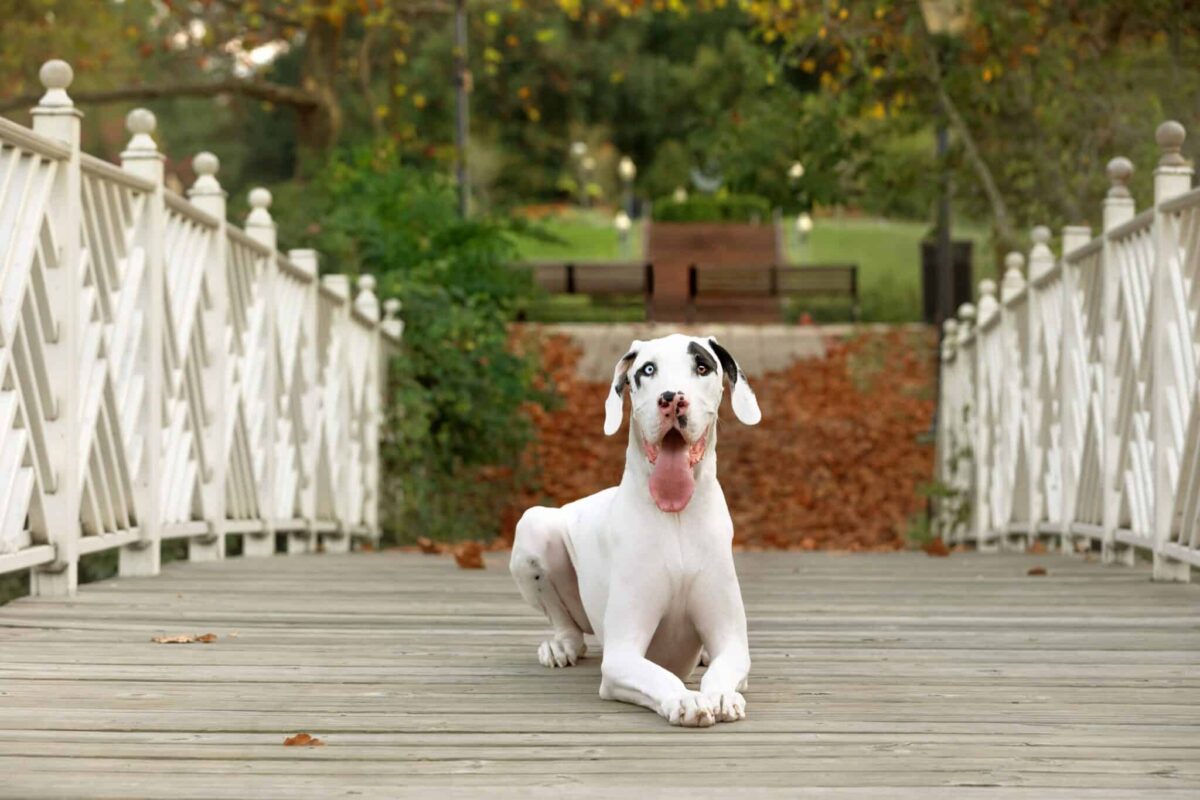 Shutterstock
Shutterstock
Great Danes are known for their giant size and gentle nature, but they are also prone to several health issues that can result in high vet bills. One of the most significant concerns is gastric dilatation-volvulus (GDV), commonly known as bloat, which is a life-threatening condition requiring emergency surgery. Additionally, Great Danes are susceptible to hip dysplasia, cardiomyopathy, and various types of cancer. Their large size also means that any treatment, including medications and surgeries, will cost more. Regular check-ups and preventive care are essential to manage their health and mitigate costs.
English Bulldog
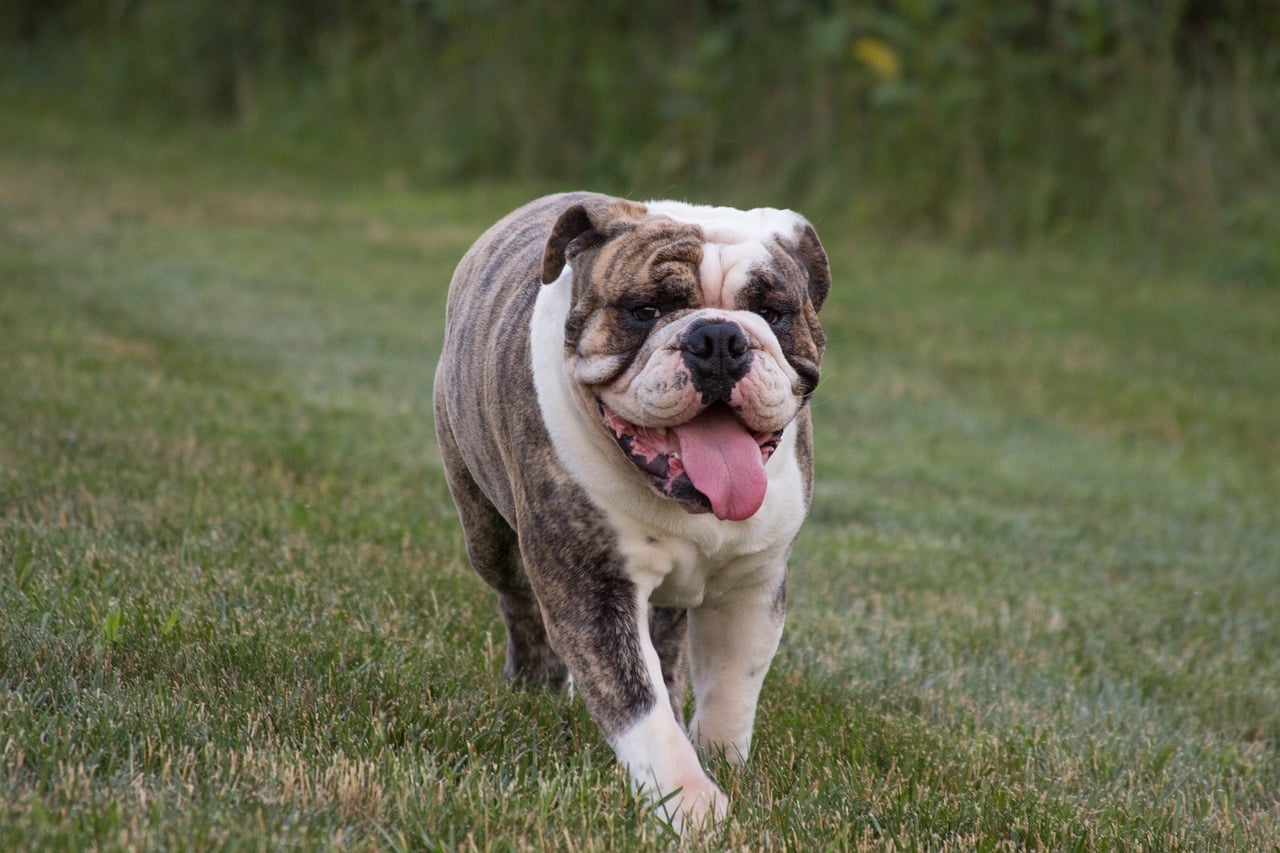 Shutterstock
Shutterstock
English Bulldogs are beloved for their distinctive appearance and gentle disposition, but their unique physical traits contribute to various health problems. They are prone to brachycephalic syndrome due to their short snouts, leading to breathing difficulties that often require surgical intervention. Bulldogs also frequently suffer from hip dysplasia, skin infections, and allergies. Their wrinkled skin can harbor bacteria, necessitating regular cleaning and veterinary attention. These ongoing health issues result in frequent vet visits and high medical costs, making them one of the breeds with the biggest vet bills.
Bernese Mountain Dog
 Shutterstock
Shutterstock
Bernese Mountain Dogs are large, affectionate dogs known for their friendly nature. However, they have a relatively short lifespan and are prone to serious health conditions. They are highly susceptible to various forms of cancer, particularly histiocytic sarcoma, which requires expensive treatments such as chemotherapy. Bernese Mountain Dogs also commonly suffer from hip and elbow dysplasia, which can necessitate costly surgeries. Their size and predisposition to joint problems further contribute to high veterinary expenses. Regular screenings and preventive care are crucial for managing their health and reducing costs.
Rottweiler
 Shutterstock
Shutterstock
Rottweilers are strong, loyal dogs with a protective nature, but they are also prone to several health issues that can lead to significant vet bills. One major concern is hip and elbow dysplasia, which often requires surgery. Rottweilers are also susceptible to osteosarcoma, a type of bone cancer, and other cancers that necessitate costly treatments. Heart problems, such as aortic stenosis, are also common in this breed. Regular veterinary check-ups, early diagnosis, and preventive care are essential for managing their health and mitigating high costs.
Boxer
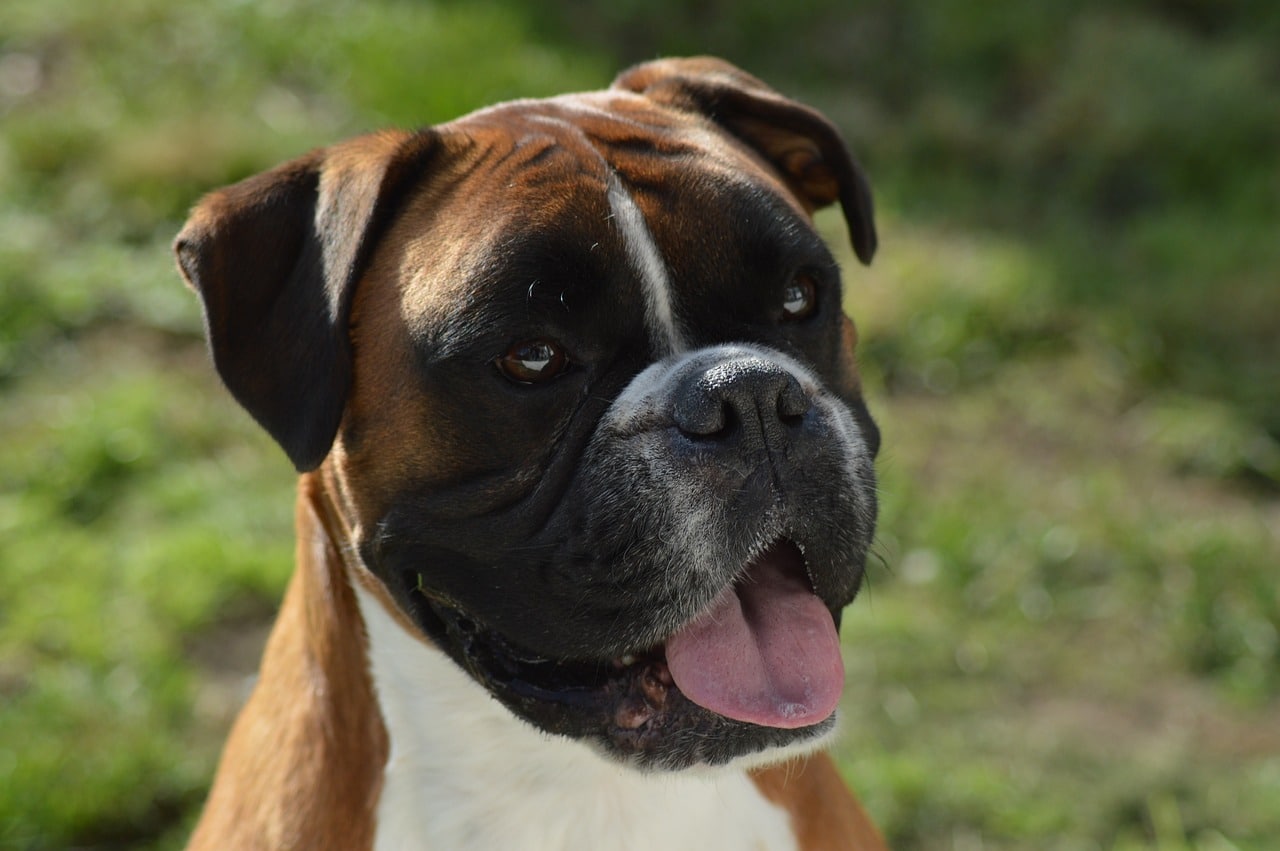 Shutterstock
Shutterstock
Boxers are energetic and affectionate dogs, but their playful nature predisposes them to several health issues. Boxers are prone to various types of cancer, including mast cell tumors and lymphoma, which require expensive treatments. They also frequently suffer from heart conditions such as cardiomyopathy and aortic stenosis. Boxers can be prone to hip dysplasia and degenerative myelopathy, both of which require ongoing veterinary care. Their short snouts also make them susceptible to breathing problems, adding to veterinary costs. Regular health screenings and preventive care are vital for this breed.
French Bulldog
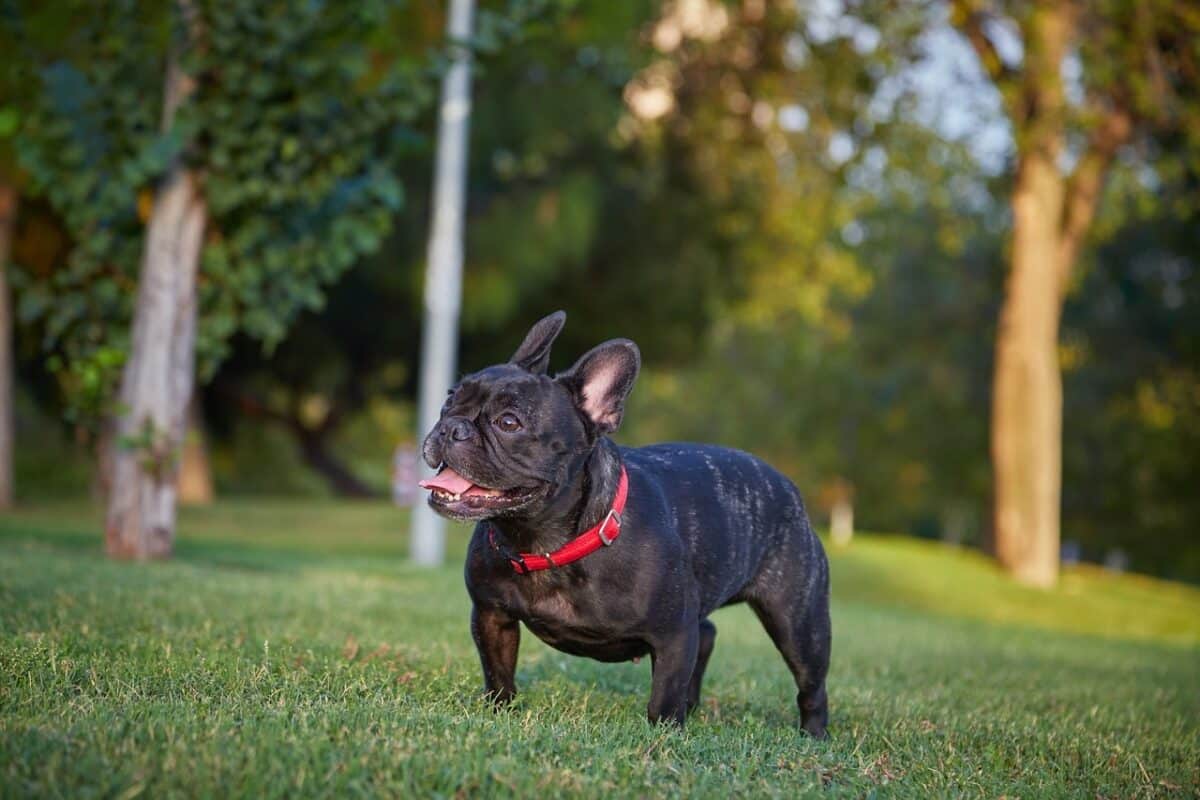 Shutterstock
Shutterstock
French Bulldogs are popular for their compact size and charming personalities but are also known for their extensive health issues. Their brachycephalic (short-nosed) structure makes them prone to breathing difficulties, which often require surgical correction. French Bulldogs also suffer from skin conditions, allergies, and hip dysplasia. Their unique build can lead to spinal issues, such as intervertebral disc disease, necessitating costly treatments. Regular veterinary visits, careful monitoring, and preventive care are essential to manage their health and keep costs under control.
Labrador Retriever
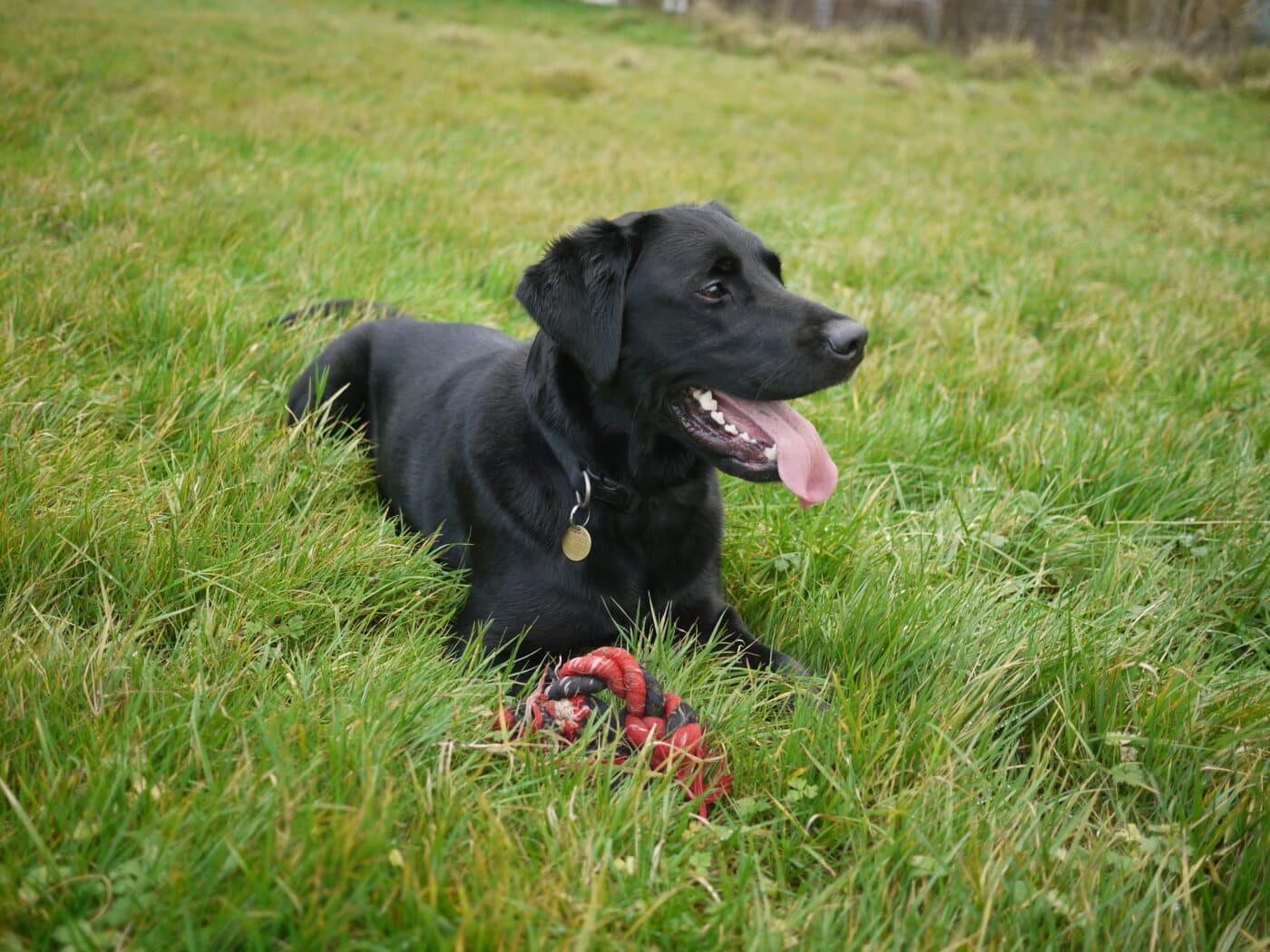 Shutterstock
Shutterstock
Labrador Retrievers are among the most popular breeds due to their friendly and loyal nature, but they are also prone to several health problems. Common issues include hip and elbow dysplasia, which can require expensive surgeries. Labradors are also susceptible to obesity, which can lead to diabetes and other related health problems. Ear infections, allergies, and heart conditions like tricuspid valve dysplasia are also common in this breed. Regular veterinary check-ups, a balanced diet, and proper exercise are crucial to manage their health and reduce veterinary costs.
Golden Retriever
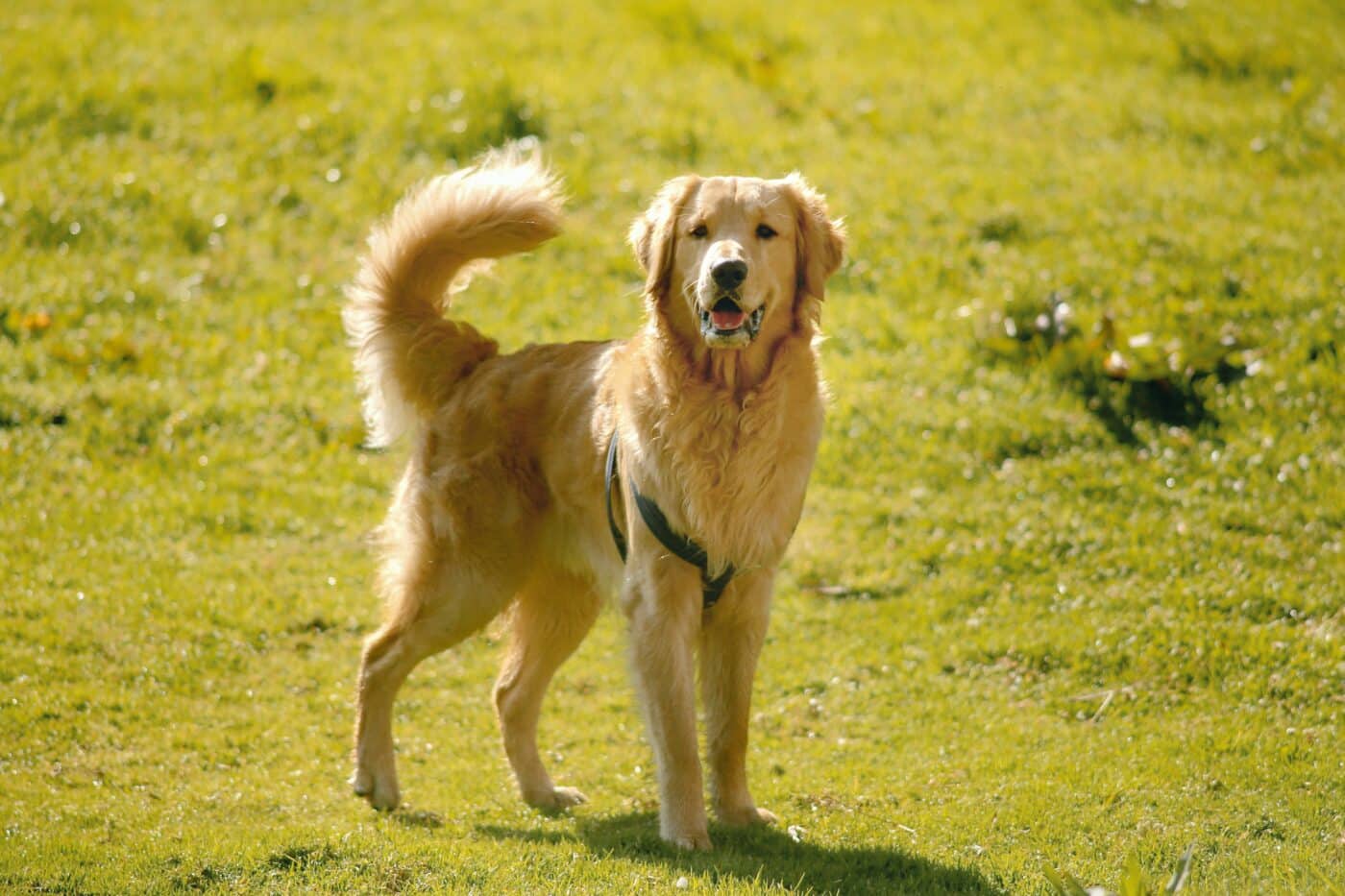 Shutterstock
Shutterstock
Golden Retrievers are known for their friendly and gentle nature but are also prone to numerous health issues. They are highly susceptible to cancer, particularly hemangiosarcoma and lymphoma, which require costly treatments such as chemotherapy. Hip dysplasia, elbow dysplasia, and heart problems like subvalvular aortic stenosis are also common. Golden Retrievers frequently suffer from skin conditions and allergies, necessitating ongoing veterinary care. Regular screenings, preventive measures, and a healthy lifestyle are essential to manage their health and mitigate high veterinary expenses.
German Shepherd
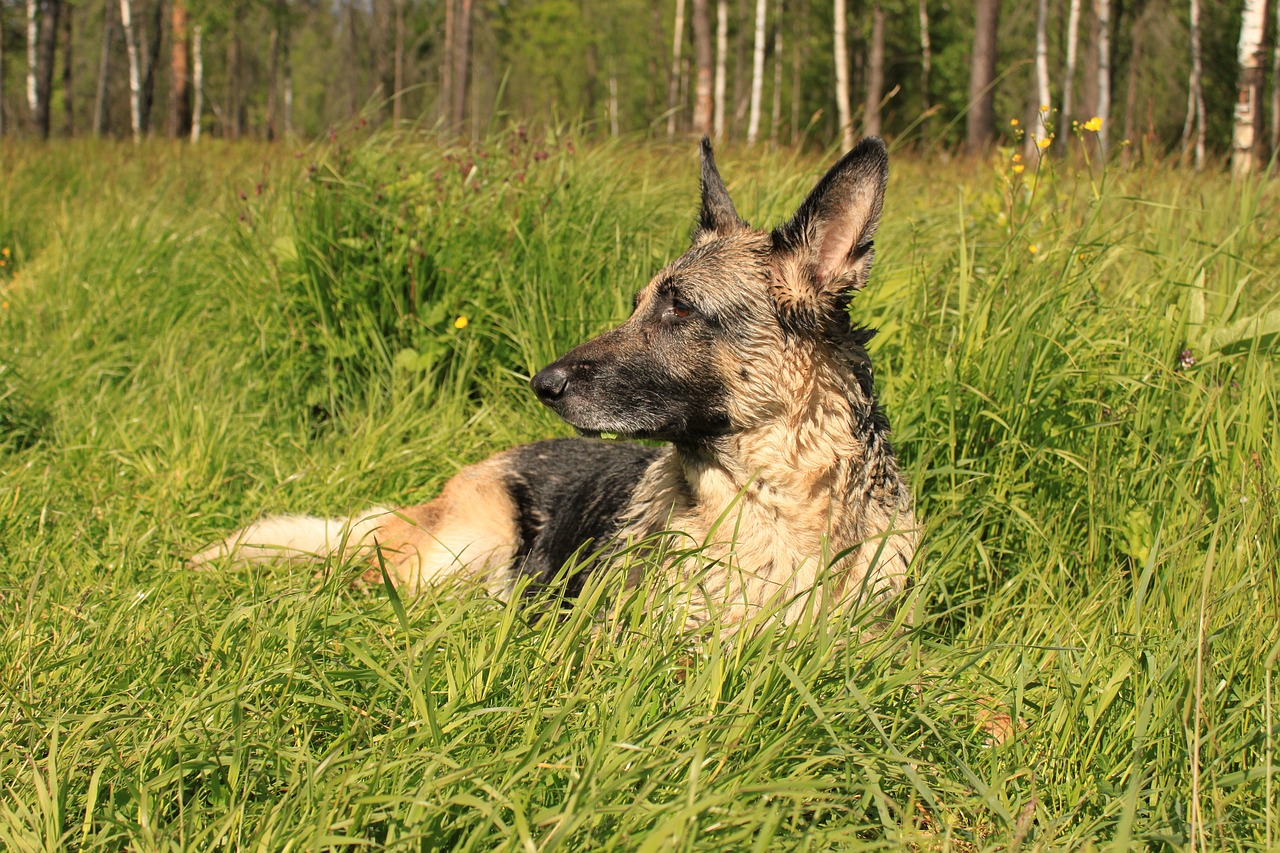 Shutterstock
Shutterstock
German Shepherds are intelligent and versatile working dogs but are predisposed to several health issues that can result in significant vet bills. Hip and elbow dysplasia are common in this breed, often requiring surgery. German Shepherds are also prone to degenerative myelopathy, a progressive spinal cord disease that requires ongoing treatment. They can suffer from autoimmune diseases and skin conditions, necessitating frequent veterinary care. Regular check-ups, early diagnosis, and preventive care are crucial for managing their health and reducing costs.
Newfoundland
 Shutterstock
Shutterstock
Newfoundlands are gentle giants known for their sweet nature and loyalty, but their large size contributes to numerous health problems and high veterinary costs. They are highly prone to hip and elbow dysplasia, which often requires expensive surgeries. Newfoundlands are also susceptible to heart conditions such as subvalvular aortic stenosis and dilated cardiomyopathy, necessitating ongoing treatment. Their thick coats can lead to skin infections and allergies, adding to veterinary expenses. Regular health screenings, a balanced diet, and proper exercise are essential for managing their health and reducing veterinary costs.
Irish Wolfhound
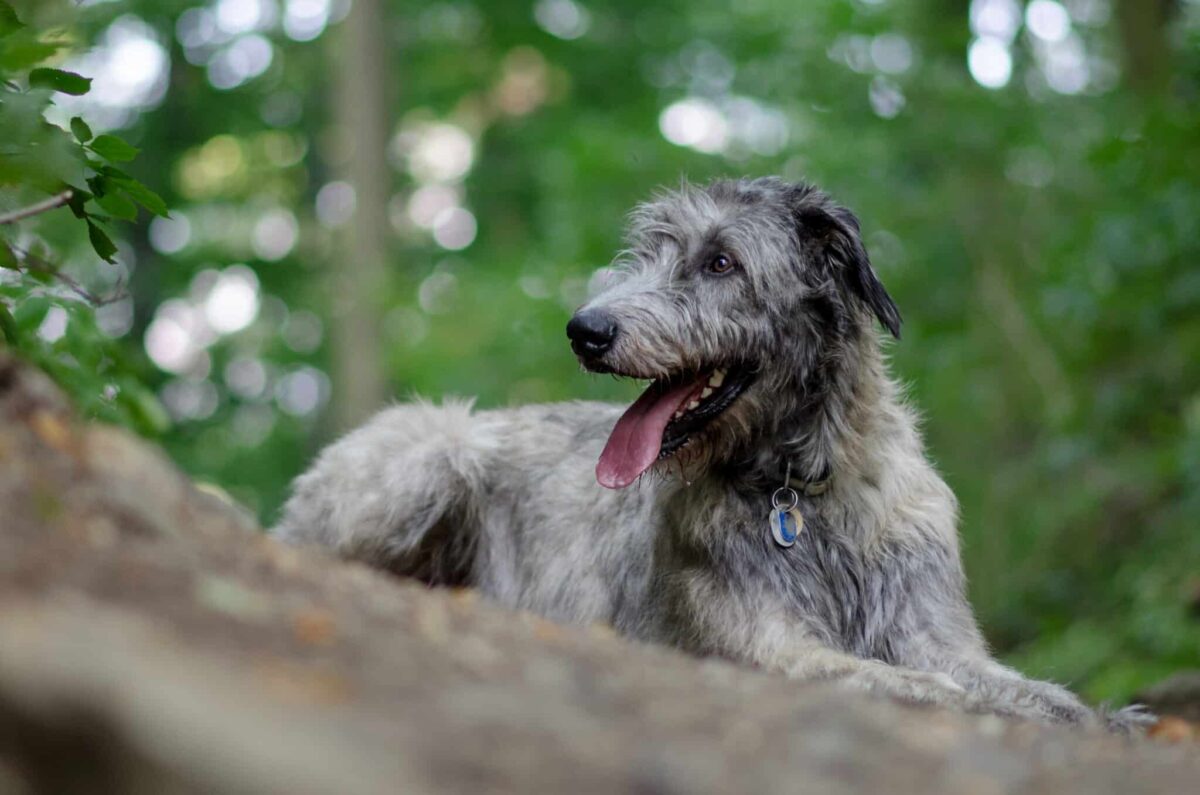 Shutterstock
Shutterstock
Irish Wolfhounds are majestic and gentle giants, but their size comes with a price—frequent vet visits. They are prone to several health conditions, including hip dysplasia, heart disease, and bloat, a potentially fatal condition common in large breeds. Their rapid growth can also lead to joint and bone issues, possibly requiring long-term management or surgery. Routine checkups and preventative care are crucial; these costs can quickly add up over the dog’s lifetime. Owning an Irish Wolfhound means being prepared for both their loving companionship and potential vet expenses.
Cavalier King Charles Spaniel
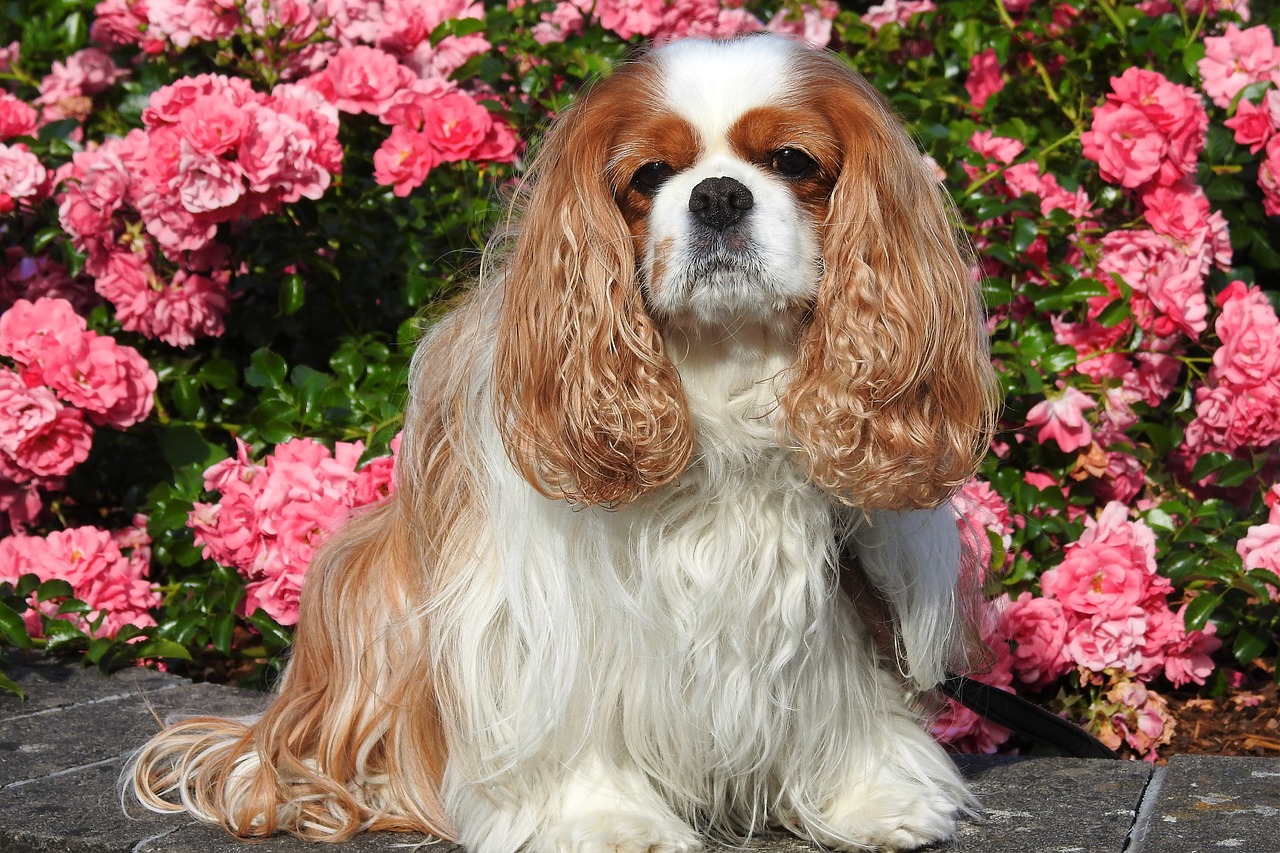 Shutterstock
Shutterstock
The adorable Cavalier King Charles Spaniel is beloved for its affectionate personality but also notorious for health issues. These dogs are predisposed to mitral valve disease, a serious heart condition that requires ongoing monitoring and treatment. They can also suffer from hip dysplasia, ear infections, and eye problems like cataracts. Veterinary care for these conditions can become expensive, especially as the dog ages. While their sweet nature makes them worth every penny, prospective owners should plan for potential medical costs.
Bullmastiff
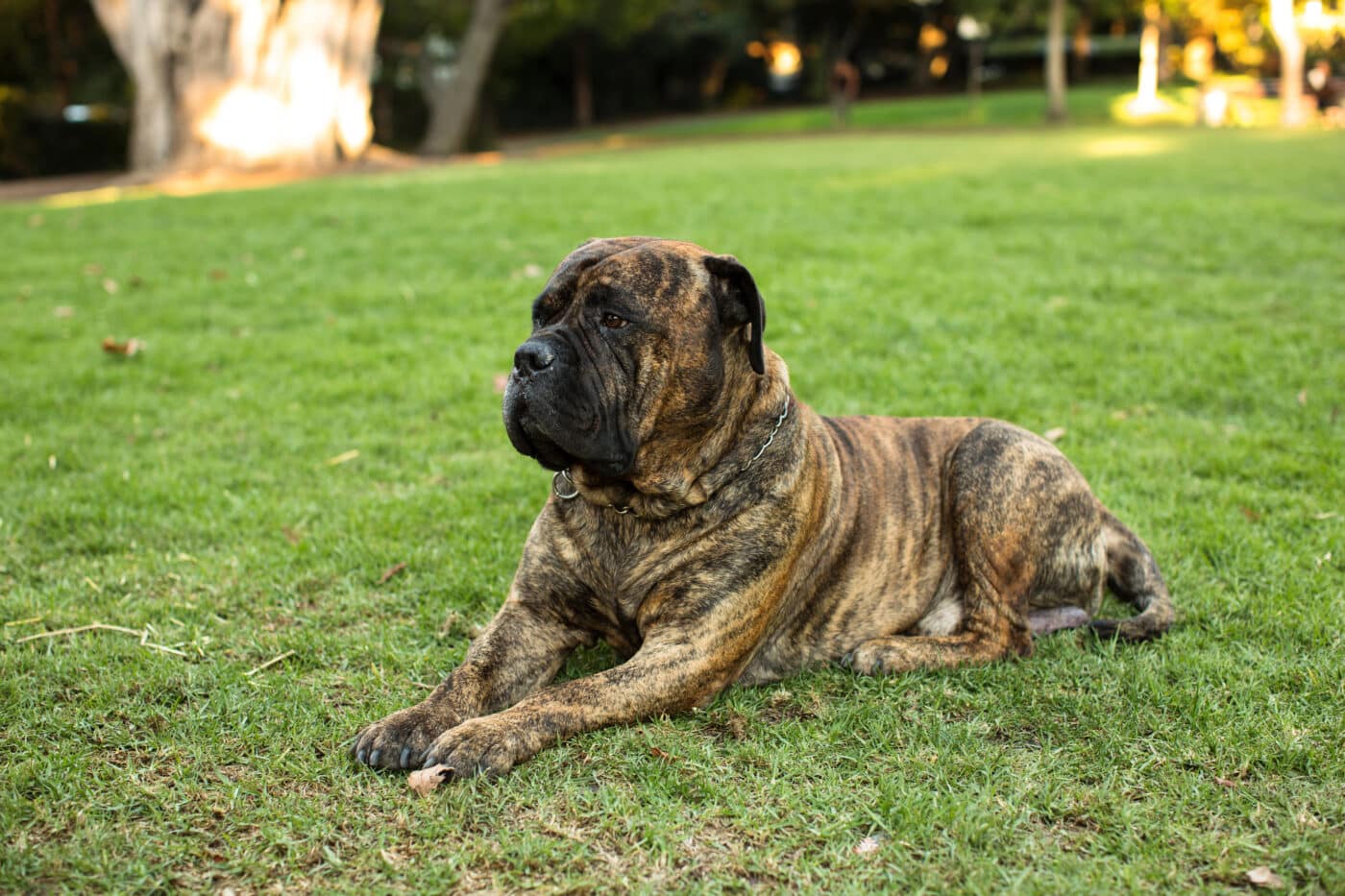 Shutterstock
Shutterstock
Bullmastiffs are loyal and protective dogs, but their large size and genetics can lead to hefty vet bills. Common health issues include hip and elbow dysplasia, heart conditions, and bloat. Their short lifespan—typically around 7-10 years—often involves significant medical care in their later years. Regular screenings and preventative measures are essential to keep them healthy, but these can be costly. Owning a Bullmastiff requires both love and financial readiness for their unique medical needs.
Dalmatian
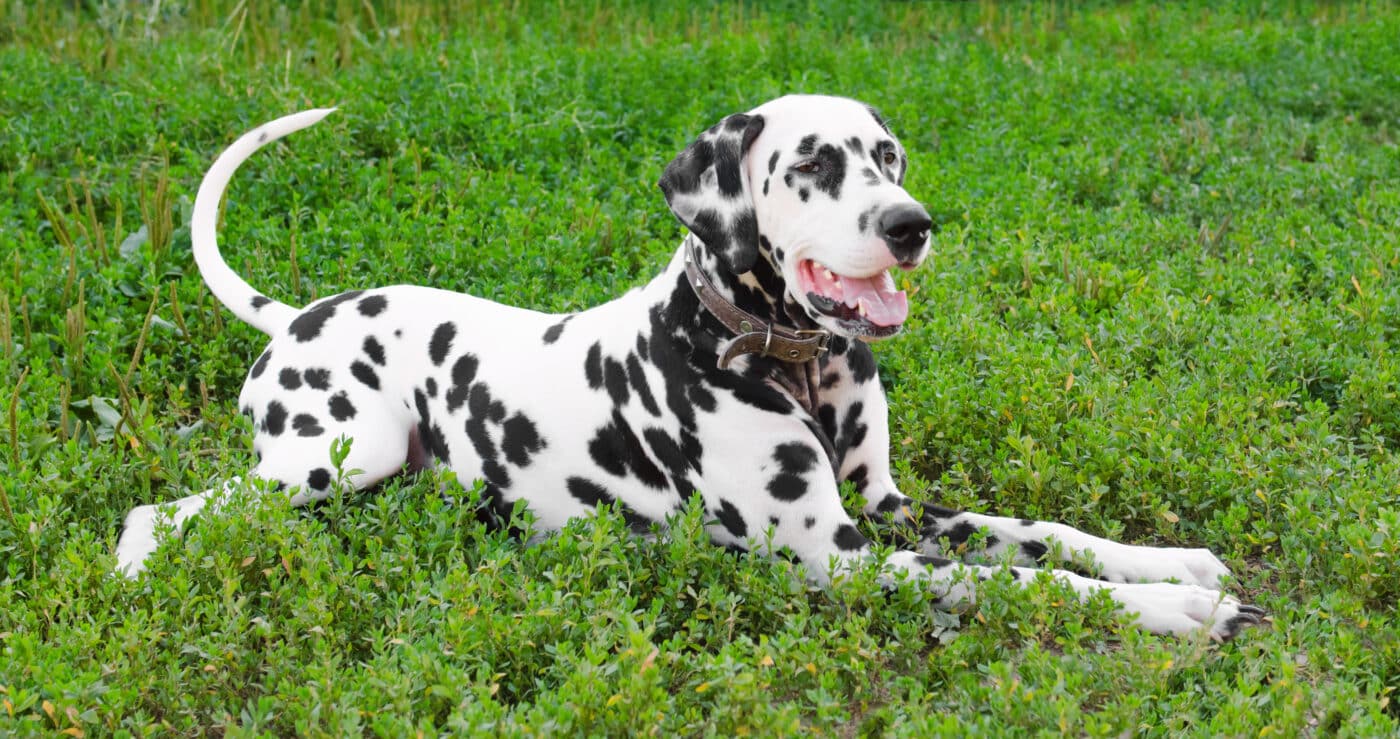 Shutterstock
Shutterstock
Dalmatians are strikingly beautiful dogs, but their health needs can be as distinctive as their spotted coats. Due to a genetic predisposition to high uric acid levels, they are prone to urinary stones, which can require specialized diets and medical interventions. They may also suffer from deafness, which affects many Dalmatians and requires extra care. Routine vet visits and specialized care can lead to higher-than-average costs, making them a breed to consider carefully for potential pet parents.
English Mastiff
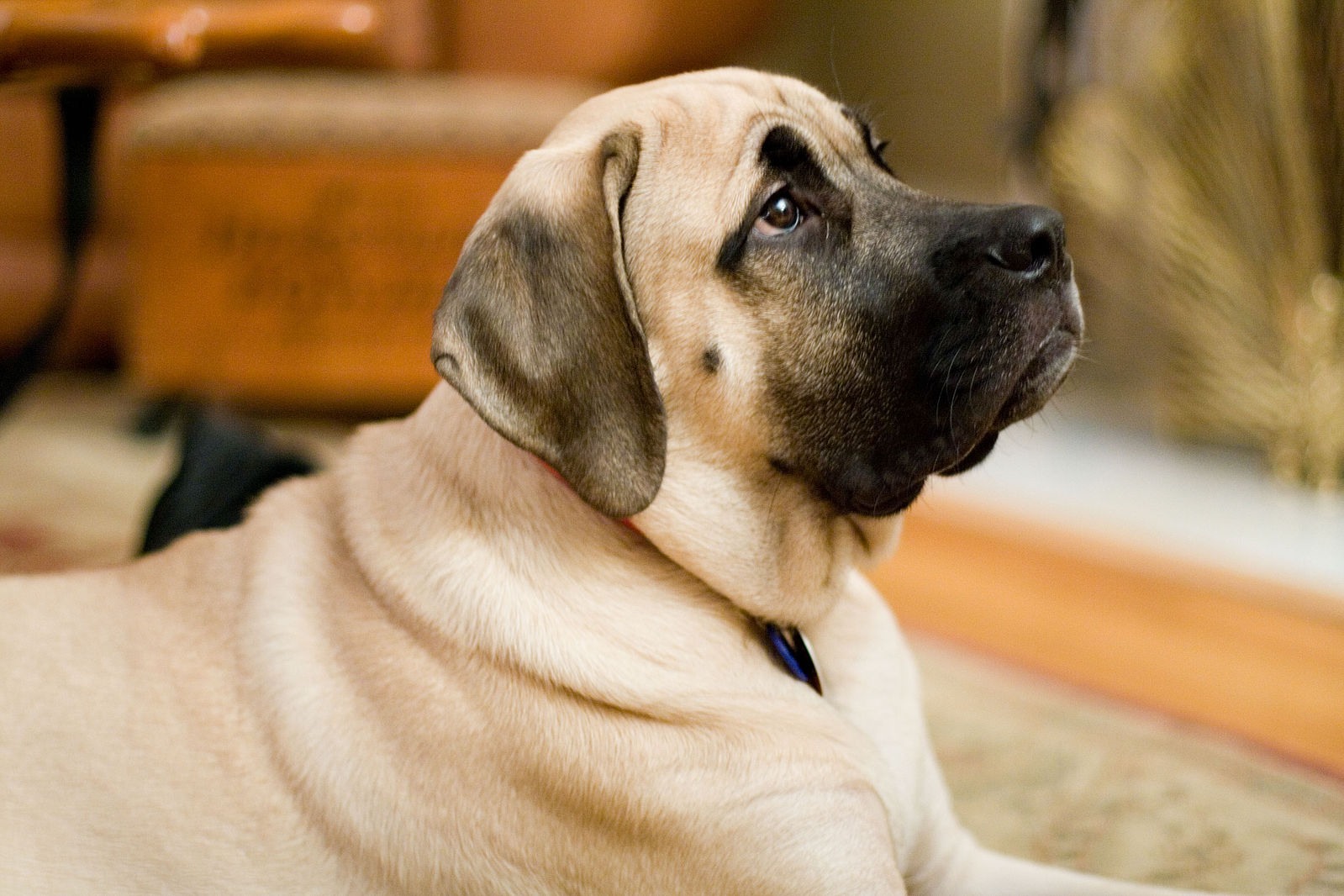 Shutterstock
Shutterstock
English Mastiffs are gentle giants with big hearts, but their size makes them prone to several health issues. They commonly experience hip and elbow dysplasia, heart disease, and bloat, all of which can require expensive treatments. Their sheer size means that even routine medications and procedures cost more than for smaller breeds. Additionally, Mastiffs have relatively short lifespans, often requiring significant veterinary care in their later years. Owners must be prepared for the financial responsibilities of caring for such a massive and lovable companion.
Vet Bill Expectations For The Priciest Dog Breeds
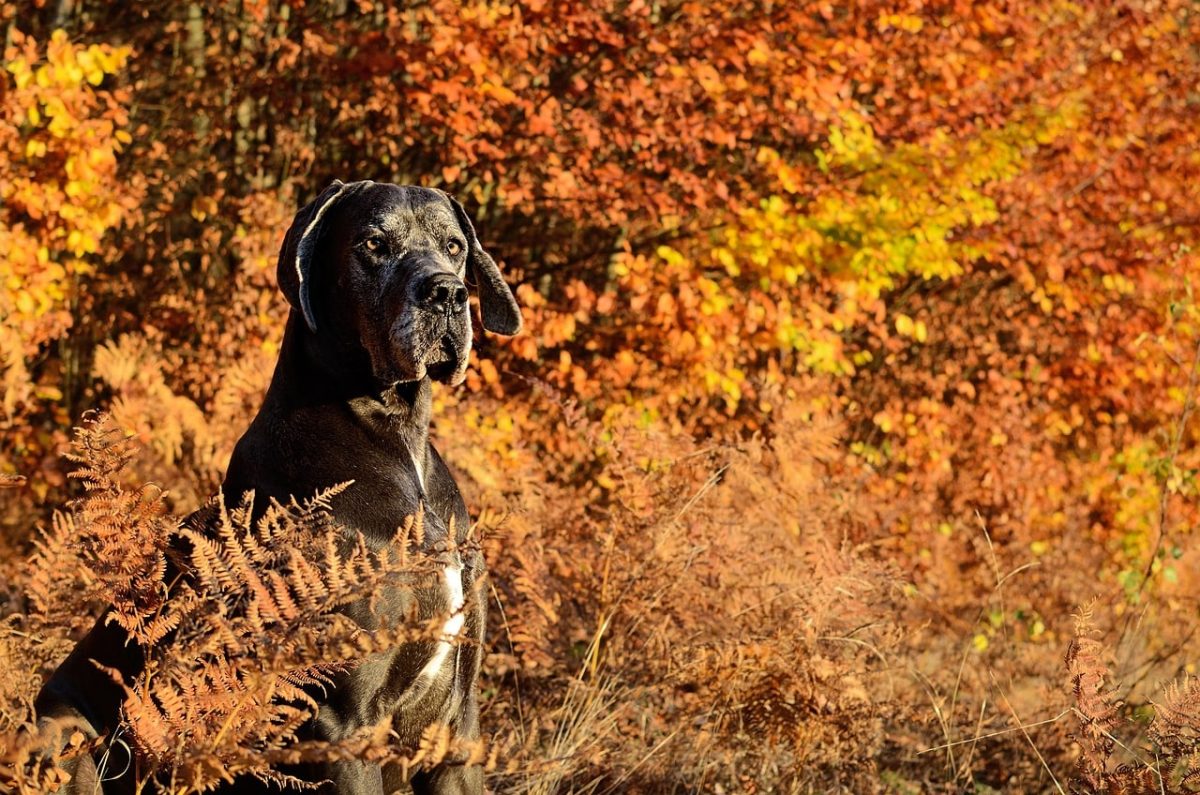 Shutterstock
Shutterstock
These dog breeds are known for their high veterinary costs due to predispositions to specific health issues. From hip dysplasia to heart conditions and dietary sensitivities, these breeds often require frequent check-ups, preventative care, and specialized treatments. Understanding their unique needs helps owners prepare for expenses and provide the best care. While the costs may be significant, these dogs’ joy and companionship make every effort worthwhile. A little preparation ensures a healthy and happy life for these beloved furry friends.
 Toledo, United States.
Toledo, United States.